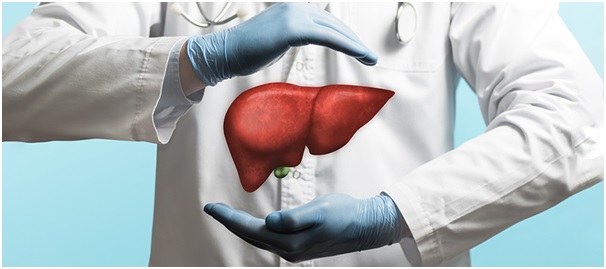How does alcohol consumption impact liver health, and what are some strategies for reducing the risk of alcohol-related liver damage?
Alcohol is a popular recreational substance that is consumed worldwide. While moderate consumption may have some health benefits, excessive and long-term alcohol consumption can lead to severe liver damage. In this article, we will explore how alcohol consumption impacts liver health and what strategies can be employed to reduce the risk of alcohol-related liver damage.

Alcohol and the Liver
The liver is responsible for detoxifying the body and metabolizing drugs and alcohol. When alcohol enters the body, it is metabolized by the liver into acetaldehyde, a toxic substance that can cause liver damage. Excessive alcohol consumption can cause inflammation of the liver, leading to a condition known as alcoholic hepatitis. If left untreated, alcoholic hepatitis can progress to cirrhosis, a severe liver disease that can be fatal.
Strategies for Reducing the Risk of Alcohol-related Liver Damage
• Limit Alcohol Consumption: One of the most effective ways to reduce the risk of alcohol-related liver damage is to limit alcohol consumption. The recommended limit for moderate alcohol consumption is one drink per day for women and two drinks per day for men. Excessive alcohol consumption, defined as more than four drinks per day or more than 14 drinks per week for men, and more than three drinks per day or more than seven drinks per week for women, can increase the risk of liver damage.
• Stay Hydrated:Maintaining liver health requires staying hydrated. Since alcohol is a diuretic, it may result in exhaustion. It may be more challenging for the liver to cleanse the body if it is dehydrated, which can affect liver function. Staying hydrated and lowering the chance of liver damage can both be accomplished by drinking water and other non-alcoholic beverages.
• Eat a Balanced Diet:A balanced diet is essential for maintaining liver health. Consuming a diet rich in fruits, vegetables, whole grains, and lean proteins can provide the necessary nutrients to support liver function. Additionally, avoiding high-fat, processed foods can reduce the risk of liver damage.
• Exercise Regularly:Regular exercise can help to maintain liver health. Exercise can improve blood flow to the liver, which can aid in detoxification. Additionally, regular exercise can help to reduce the risk of obesity, a risk factor for liver damage.
• Avoid Mixing Alcohol with Other Drugs:Mixing alcohol with other drugs, including prescription medications and illicit drugs, can increase the risk of liver damage. The liver is responsible for metabolizing drugs, and consuming alcohol can impair the liver's ability to do so. Avoiding the mixing of alcohol with other drugs can reduce the risk of liver damage.
The condition of the liver can be significantly impacted by consumption of alcohol. Alcoholism that is excessive and long-lasting can cause cirrhosis and alcoholic hepatitis, among other serious liver diseases. Limiting alcohol intake, staying hydrated, eating a balanced diet, exercising frequently, and avoiding mixing alcohol with other drugs are all methods for lowering the chance of alcohol-related liver damage. Individuals can keep the health of their livers and lower their risk of developing liver damage from alcohol by implementing these strategies.
